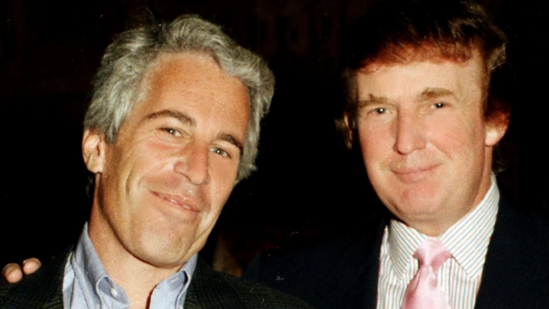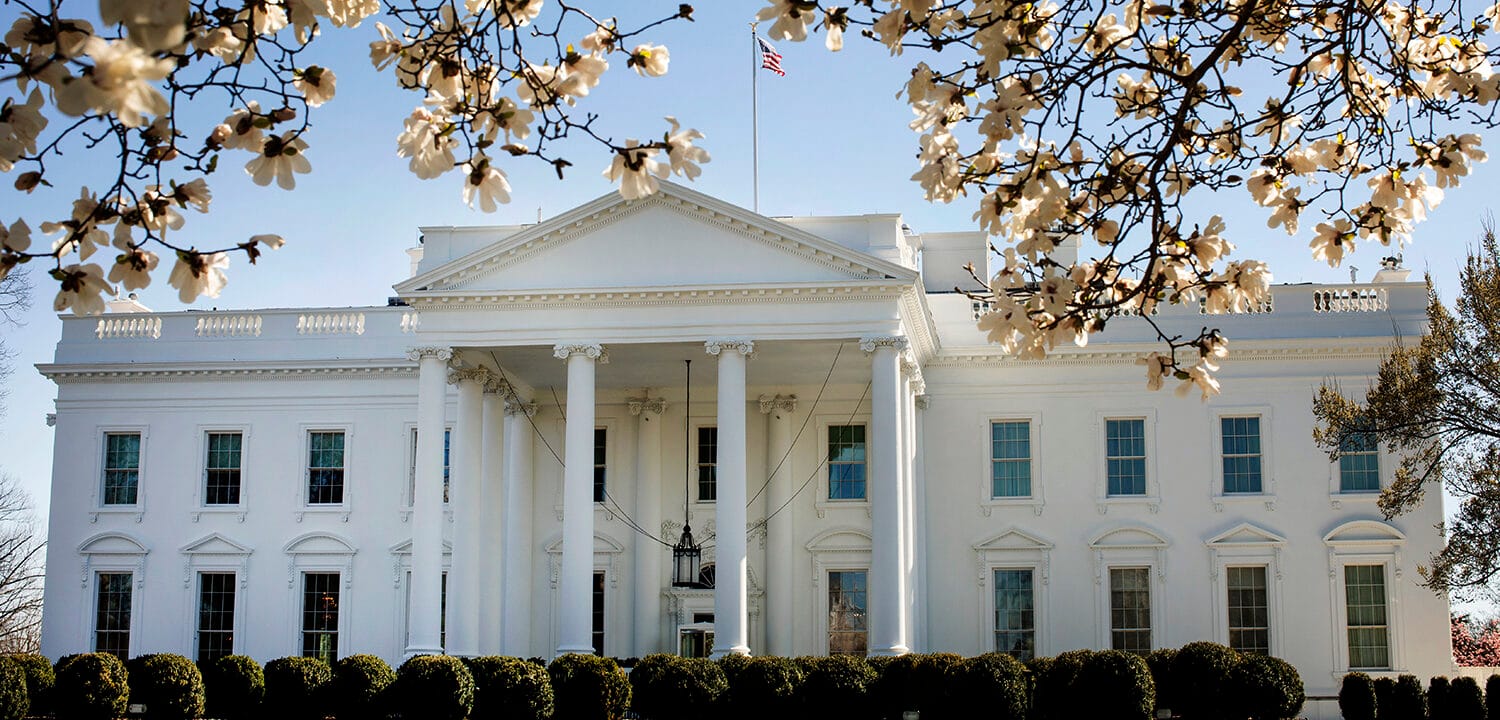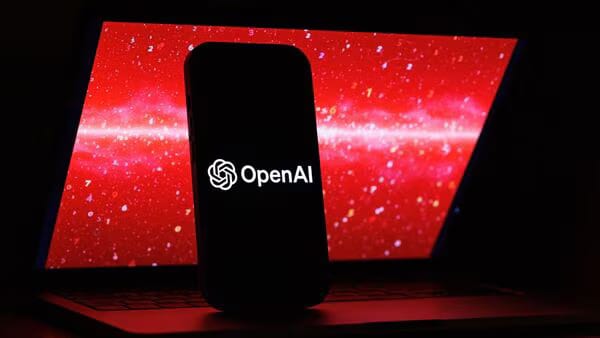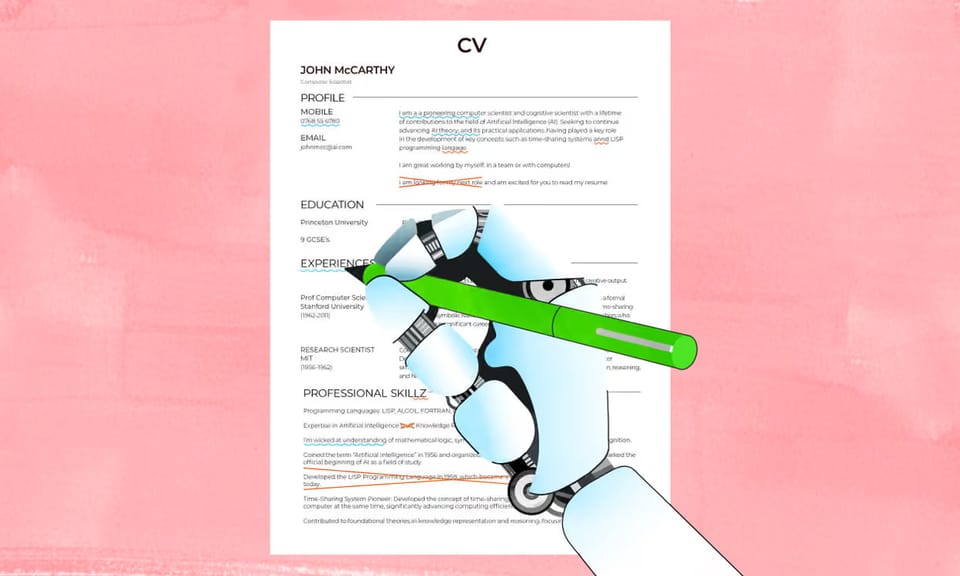Is Trump Hiding Epstein Files Because He's Named in Them? Musk Drops a Bombshell, What's the Truth?*


In today's newsletter:
- Tesla stock tanks as Trump and Musk go head-to-head
- Musk drops explosive claims about Trump and Epstein files
- And Trump's new travel ban sparks concerns about America's global tech leadership
Let's dive in!
Business
Is Trump About to Pull the Plug on Musk? Could Tesla Survive Without Government Support?

Briefing: Tesla's stock took a hit this week as CEO Elon Musk and President Trump publicly clashed over a new tax and spending bill. The dispute led to big market reactions and raised concerns about Tesla's future government support.
Details: After Musk criticized Trump's proposed bill which aims to cut electric vehicle (EV) funding, Trump suggested ending federal contracts and funding for Musk's companies, including Tesla and SpaceX. In response, Tesla's stock dropped over 10% on Thursday, erasing more than $100 billion in market value.
Musk had recently stepped down from his role in the Department of Government Efficiency (DOGE) to refocus on Tesla. Despite this, the feud with Trump has intensified, with Musk alleging that Trump was ungrateful for his support during the election.
Why It Matters: This public fallout could jeopardize Tesla's access to federal support and complicate its plans for expanding autonomous vehicle services. Investors are worried about the potential regulatory hurdles and financial implications stemming from the deteriorating relationship between Musk and the Trump administration. (Yahoo Finance)
Could losing government support slow Tesla's AI projects like robotaxis? And will regulatory uncertainty impact Tesla's AI innovation efforts? Historically, Tesla's AI growth has greatly benefited from government support, but disagreements with regulators or changes in government rules can slow down major tech projects like self-driving cars. (AP News, Business Insider)
Politics
Is Trump Hiding Epstein Files Because He's Named in Them? Musk Drops a Bombshell, What's the Truth?

Briefing: Elon Musk and President Donald Trump are in a heated public feud. Musk claims Trump is named in the Jeffrey Epstein files and is withholding their release, Trump has not responded to the accusation.
Details: On June 5, Musk posted on X (formerly Twitter): "Time to drop the really big bomb: @realDonaldTrump is in the Epstein files. That is the real reason they have not been made public." This follows Musk's criticism of Trump's "Big Beautiful Bill," which cuts electric vehicle funding, affecting Tesla. In response, Trump threatened to revoke Musk's government contracts.
Previously released Epstein documents include flight logs listing Trump as a passenger on Epstein's jet in the 1990s. However, no evidence links Trump to Epstein's crimes. Trump and Epstein were known to be social acquaintances during that time.
Why It Matters: This feud between two influential figures could impact political and business landscapes. Musk's allegations may increase pressure for full disclosure of Epstein-related documents. The situation is ongoing, with potential implications for both parties. (Hindustan Times)
Elon Musk's claim that President Trump is withholding the Epstein files due to personal involvement could have significant implications for both of their AI ventures. Trump's administration has prioritized rapid AI development, exemplified by the $500 billion Stargate project, which aims to boost U.S. AI infrastructure and competitiveness. However, allegations of misconduct could divert attention and resources, potentially slowing these initiatives.
For Musk, who is leading AI projects like xAI and the Grok chatbot, the feud with Trump might impact collaborations and funding opportunities, especially given the administration's influence over AI policy and federal contracts. Moreover, the public dispute could affect investor confidence and the strategic direction of Musk's AI endeavors. (Axios AM)
Travel
Is Trump's New Travel Ban Protecting America or Fueling Fear and Division?

Briefing: President Trump has issued a new travel ban, effective June 9, 2025, that fully bars entry from 12 countries and imposes partial restrictions on 7 others, citing national security concerns.
Details: The full ban applies to nationals from Afghanistan, Myanmar, Chad, Republic of the Congo, Equatorial Guinea, Eritrea, Haiti, Iran, Libya, Somalia, Sudan, and Yemen. Partial restrictions affect Burundi, Cuba, Laos, Sierra Leone, Togo, Turkmenistan, and Venezuela, limiting certain visa categories.
The administration cites issues like high visa overstay rates, inadequate identity verification, and lack of cooperation in accepting deportees. Exemptions include lawful permanent residents, existing visa holders, certain diplomats, and athletes participating in major international events.
Why It Matters: This move revives and expands upon the controversial 2017 travel ban, potentially affecting thousands of individuals and straining diplomatic relations. Critics argue it disproportionately targets African and Muslim-majority countries, raising concerns about discrimination and the impact on refugees and families. (The White House)
This policy could significantly impact U.S. artificial intelligence (AI) initiatives by limiting the influx of international talent essential for AI research and development.
The ban affects nations like Iran, Libya, and Somalia, which have historically contributed to the U.S. tech workforce. Additionally, the administration's revocation of visas for Chinese students in STEM (Science, Technology, Engineering, and Math) fields threatens to disrupt the pipeline of skilled professionals in AI and related sectors.
Experts warn that these measures may lead to a "brain drain," with international students and researchers seeking opportunities in more welcoming countries, thereby weakening America's position in global AI leadership. (Politico)
Also, the use of AI-driven surveillance tools to monitor visa applicants' social media activity raises concerns about privacy and the potential for bias in visa adjudications. Such practices could discourage international collaboration and prevent foreign talent from engaging with U.S. institutions. (WIRED)
*Disclaimer: The content in this newsletter is for informational purposes only. We do not provide medical, legal, investment, or professional advice. While we do our best to ensure accuracy, some details may evolve over time or be based on third-party sources. Always do your own research and consult professionals before making decisions based on what you read here.




